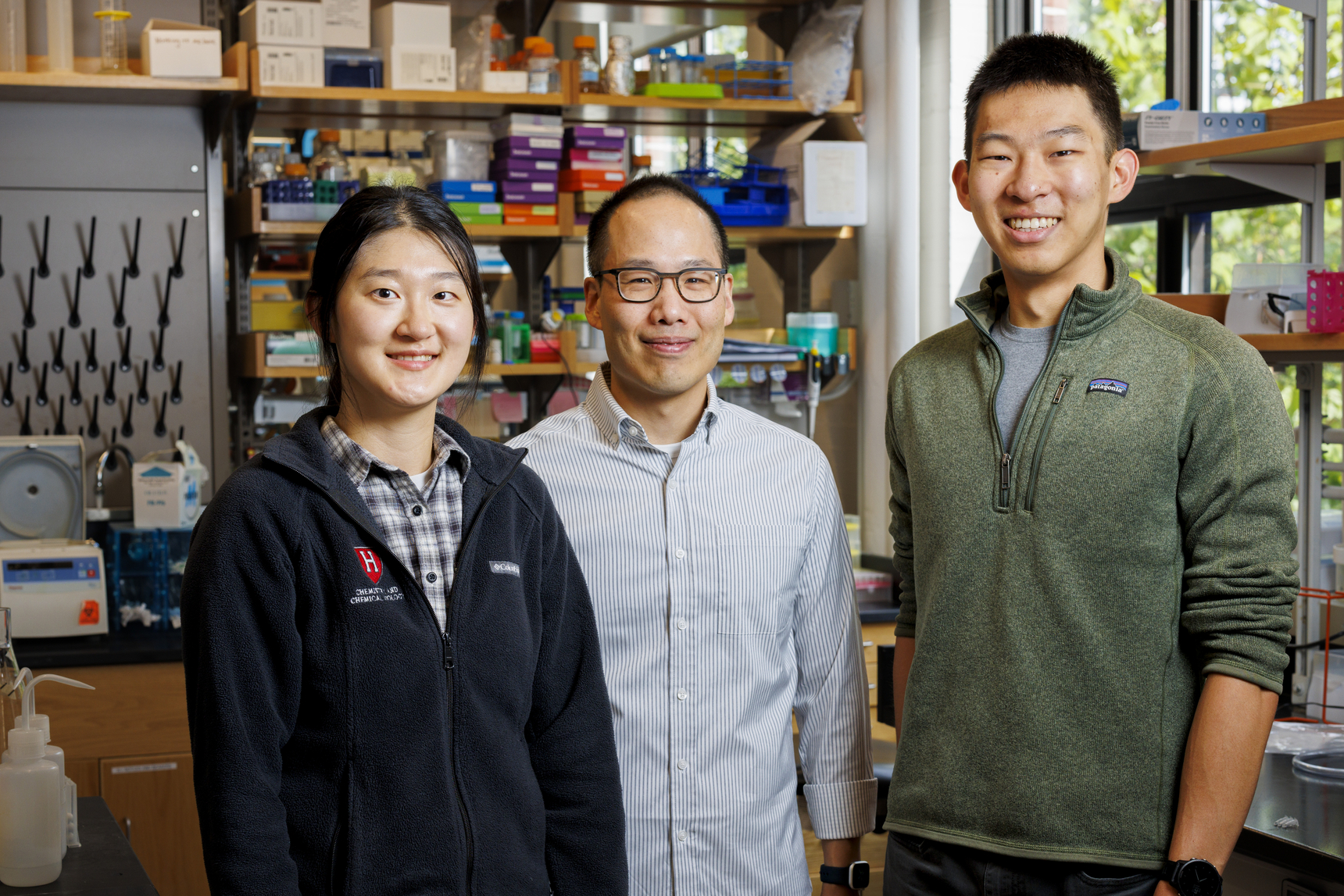
"Understanding how cells turn genes on and off is one of biology's most enduring mysteries. Now, a new technology developed by chemist Brian Liau and his collaborators at Harvard offers an unprecedented window into this activity, an advance that has the potential to transform our understanding of the basic science as well as the treatment of genetic diseases. In a paper recently published in Nature Methods, the authors unveiled a powerful genome mapping tool"
""This new and innovative method is a tour de force, offering an unprecedented view into the DNA elements that govern our genome," said David Liu, Thomas Dudley Cabot Professor of the Natural Sciences, whose earlier work on base-editing enzymes helped make this technology possible. "This work will not only speed up our basic understanding of how these switches work but also show us how they could be targeted to benefit patients in the future.""
TDAC-seq (Targeted Deaminase Accessible Chromatin sequencing) maps how single-nucleotide changes affect chromatin accessibility across hundreds of genetic perturbations. The platform measures chromatin structure at single-nucleotide resolution to reveal how noncoding DNA variants reshape regulatory elements that control which genes are accessible. The method enables study of noncoding 'dark matter'—about 98 percent of the genome—that regulates gene activity rather than encoding proteins. The approach leverages base-editing enzymes to create precise DNA edits and readouts of chromatin changes. The technology promises advances in basic understanding of gene regulation and potential avenues for targeting regulatory elements for genetic-disease therapy.
Read at Harvard Gazette
Unable to calculate read time
Collection
[
|
...
]